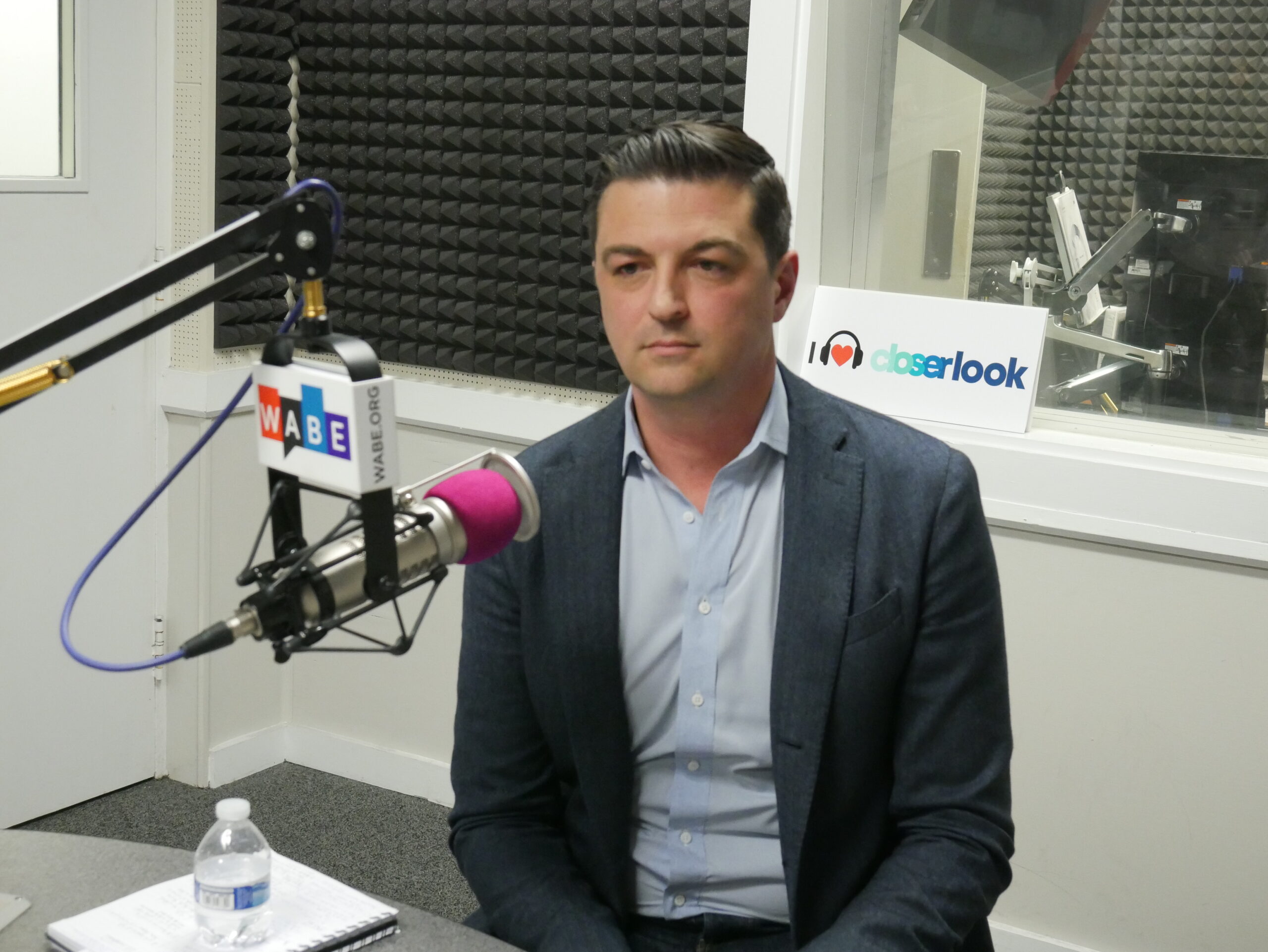Atlanta Councilman Pushes For Stricter Enforcement On Illegal Street Racing

Atlanta District 2 City Councilmember Amir Farokhi introduced legislation making Peachtree Street car-free on Sunday afternoons.
Candace Wheeler / WABE
Updated Friday at 5:20 p.m.
The noise, exhaust fumes and the dangers posed by illegal street racing have prompted Atlanta City Councilman Amir Farokhi to call for the city’s senior leadership to end it.
In a letter to Atlanta’s chief operating officer, Farokhi asks that police have more resources to enforce laws against street racing.
Farokhi says he and thousands of his constituents are fed up.
“All the laws that we need to protect against what we’re seeing take place are largely in place. This is a question about enforcement,” Farokhi says.
In the letter, Farokhi expresses concern that residents may move if nothing is done.
“They [residents] are observing actions they deem insufficient on the part of the government and wondering whether intown living remains tenable,” the letter reads.
Other strategies Farokhi wants to see from the city include installing temporary barriers in “hot zones,” reopening municipal courts so those with citations can be adjudicated and working with state lawmakers to allow the city to permanently impound vehicles. He also wants the city to be able to increase fines and permit traffic cameras to be used to issue tickets.
The Midtown Neighbors Association started a petition this week called “Open the Courts for Street Racing Citations.” As of Friday afternoon, more than 2,300 people have signed. According to the Atlanta Police Department, more than 450 arrests or citation have been issued related to street racing since January.
Fewer people driving and empty streets caused by the COVID-19 pandemic have made it easier for people to race illegally.
The councilman also writes that street racing isn’t unique to his district, which includes Midtown, Old Fourth Ward and Inman Park.
“While my district has borne a disproportionate burden of this activity, it is not alone. Every City Council member is hearing the same thing,” reads the letter. “We can and must take this challenge more seriously and act with greater urgency and creativity.”
Farokhi says, “This is not only dangerous on the streets, it’s a tremendous determinant to quality of life for tens of thousands of folks.”








